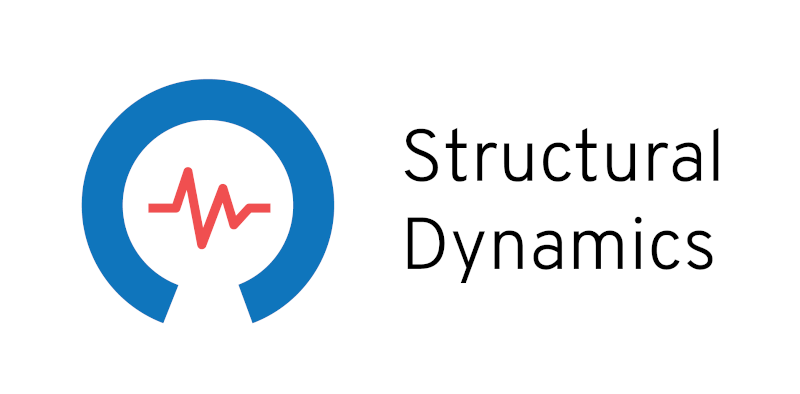- Home
- Issue 2
- A compact, equality-based weighted residual formulation for periodic solutions of systems undergoing frictional occurrences.
View(s): 720 (19 ULiège)
Download(s): 44 (0 ULiège)
A compact, equality-based weighted residual formulation for periodic solutions of systems undergoing frictional occurrences.

Attached document(s)
original pdf fileAbstract
A very compact weighted residual formulation is proposed for the construction of periodic solutions of oscillators subject to frictional occurrences. Coulomb's friction is commonly expressed as a differential inclusion which can be cast into the complementarity formalism. When targeting periodic solutions, existing algorithms rely on a procedure alternating between the frequency domain, where the dynamics is solved, and the time domain, where friction is dealt with. In contrast, the key idea of the present work is to express all governing equations including friction as equalities, which are then satisfied in a weak integral sense through a weighted residual formulation. The resulting algebraic nonlinear equations are solved numerically using an adapted trust region nonlinear solver and basic integral quadrature schemes. To increase efficiency, the Jacobian of the friction forces is calculated analytically in a piecewise linear fashion. The shape functions considered in this work are the classical Fourier functions. It is shown that periodic solutions with clear multiple sticking and sliding phases can be found with a high degree of accuracy. The equality-based formulation is shown to be effective and efficient, convergence being achieved in all cases considered with low computational cost, including for large numbers of harmonics. Importantly, this new friction formulation does not suffer from the typical limitations or hypotheses of existing frequency-time domain methods for non-smooth systems, such as regularization, penalization, or massless frictional interfaces.
To cite this article
About: Mathias Legrand
Department of Mechanical Engineering, McGill University, Montreal, Canada
About: Christophe Pierre
Department of Mechanical Engineering, Stevens Institute of Technology, Hoboken, USA






